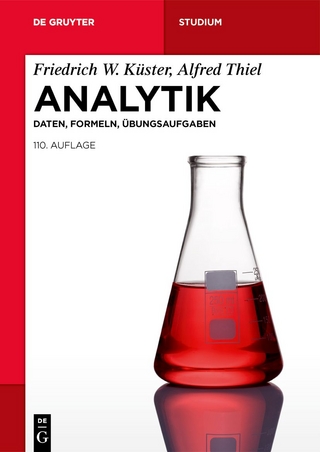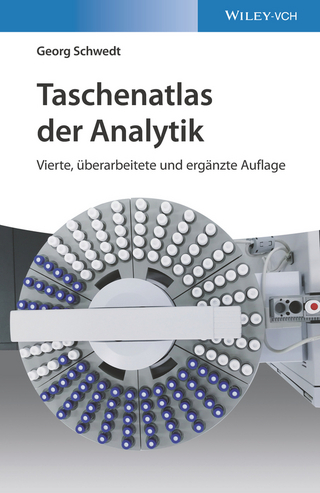
Muon Spectroscopy
Oxford University Press (Verlag)
978-0-19-885895-9 (ISBN)
Muons, radioactive particles produced in accelerators, have emerged as an important tool to study problems in condensed matter physics and chemistry. Beams of muons with all their spins polarized can be used to investigate a variety of static and dynamic effects and hence to deduce properties concerning magnetism, superconductivity, molecular or chemical dynamics and a large number of other phenomena. The technique was originally the preserve of a few specialists located in particle physics laboratories. Today it is used by scientists from a very wide range of scientific backgrounds and interests.
This modern, pedagogic introduction to muon spectroscopy is written with the beginner in the field in mind, but also aims to serve as a reference for more experienced researchers. The key principles are illustrated by numerous practical examples of the application of the technique to different areas of science and there are many worked examples and problems provided to test understanding. The book vividly demonstrates the power of the technique to extract important information in many different scientific contexts, all stemming, ultimately, from the exquisite magnetic sensitivity of the implanted muon spin.
Stephen J. Blundell is a Professor of Physics at the University of Oxford and a Professorial Fellow of Mansfield College, Oxford. He leads a research group which uses muon spectroscopy to solve problems in magnetism and superconductivity and he has been developing ab initio techniques to understand the nature of the muon site. Roberto De Renzi is Professor of Physics at the University of Parma. He started developing muon spin spectrometers at CERN in 1980 and later took part in the design of the ISIS Muon Facility. He currently leads a µSR and NMR group dedicated to the experimental investigation of magnetic and superconducting compounds, and to the application of ab-initio techniques to assist the measurement of condensed matter properties based on the experimental detection of hyperfine fields. Tom Lancaster was a research fellow at the University of Oxford before taking up a lectureship at Durham University in 2012, where he is currently Professor of Physics. His research group's interests include using muons to investigate low-dimensional, topological, and molecular magnetism, and the nature of the muon stopping state. Francis L. Pratt is a senior scientist and STFC Fellow based in the muon group at the ISIS Neutron and Muon Source. He has worked in muon spectroscopy for more than thirty years, using experimental facilities in the UK, Switzerland, and Japan. His research interests are focused on condensed matter physics using muons, with topics ranging from the study of quantum magnets and spin liquids to organic magnets and superconductors and the physics of molecular systems.
1: The Basics of µSR
Part I: Elements of Muon Spectroscopy
2: Introduction
3: Muon Charge and Spin States
4: The Quantum Muon
5: Polarization Functions
Part II: Science with µSR
6: Magnetism
7: Dynamic Effects in Magnetism
8: Measuring Dynamic Processes
9: Superconductors
10: Semiconductors and Dielectrics
11: Ionic Motion
12: Chemistry
Part III: Practicalities of Muon Spectroscopy
13: Making Muons
14: Instrumentation
15: Doing the Experiment
Part IV: Further Topics in Muon Spectroscopy
16: Calculating Muon Sites
17: Numerical Modelling
18: Low Energy µSR
19: Stimulation Methods
20: High Magnetic Fields
21: Muons under Pressure
22: Negative Muon Techniques
Part V: Complementary Techniques
23: µSR versus Other Resonance and Bulk Techniques
24: X-rays, Neutrons, and µSR
Free
| Erscheinungsdatum | 06.12.2021 |
|---|---|
| Zusatzinfo | 304 line illustrations and photographs |
| Verlagsort | Oxford |
| Sprache | englisch |
| Maße | 195 x 254 mm |
| Gewicht | 1108 g |
| Themenwelt | Naturwissenschaften ► Chemie ► Analytische Chemie |
| Naturwissenschaften ► Physik / Astronomie ► Festkörperphysik | |
| Technik ► Maschinenbau | |
| ISBN-10 | 0-19-885895-7 / 0198858957 |
| ISBN-13 | 978-0-19-885895-9 / 9780198858959 |
| Zustand | Neuware |
| Informationen gemäß Produktsicherheitsverordnung (GPSR) | |
| Haben Sie eine Frage zum Produkt? |
aus dem Bereich


